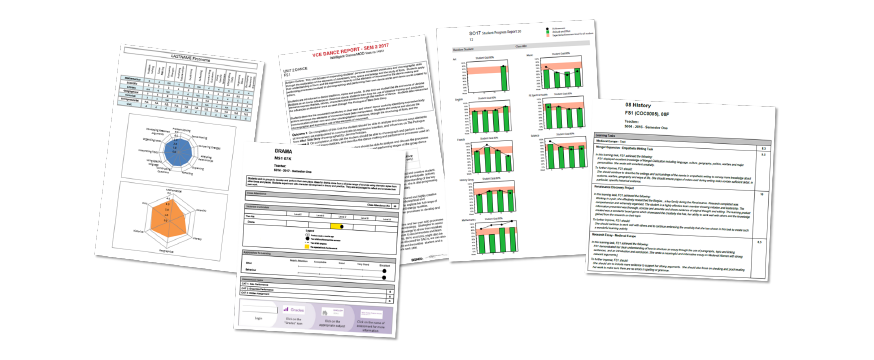Publication Date
2022
Subjects
Learning in an emergency, Coronavirus (COVID-19), Upper primary years, Reading achievement, Mathematics achievement, Developing countries, Monitoring (Assessment), Impact studies
Abstract
Six African countries participated in the COVID-19: Monitoring Impacts on Learning Outcomes (MILO) project in 2021 – Burundi, Burkina Faso, Côte d’Ivoire, Kenya, Senegal and Zambia. This report presents the key findings from the MILO project for Zambia. The MILO study was designed to provide information on the impact of the pandemic on learning outcomes. As countries work towards achieving Sustainable Development Goal (SDG) 4.1.1b, it is essential that progress towards this goal continues to be monitored. The MILO project was implemented to provide a way for countries to measure learning progress against Sustainable Development Goal (SDG) 4.1.1b prior to, during and after the pandemic. In this report on the MILO results for Zambia, sampling outcomes are first provided, including a comparison of key characteristics of the Zambia populations participating in 2019 and 2021 assessments. Next, the learning outcomes in reading and mathematics are presented for Zambia, for boys, girls and for all participants. This report provides the achievement outcomes by explicit strata, showing achievement results by sub-region. Subsequently, the contexts of learning during the COVID-19 pandemic are first presented, including at the national education system level, school level and student level. Finally, the report concludes with a discussion of the outcomes and recommendations for strengthening the resilience of the education system.
Recommended Citation
Australian Council for Educational Research (ACER)., & UNESCO Institute for Statistics. (2022). COVID-19 in Sub-Saharan Africa: Monitoring Impacts on Learning Outcomes: Zambia Report. UNESCO Institute for Statistics. https://research.acer.edu.au/monitoring_learning/55
Creative Commons License

This work is licensed under a Creative Commons Attribution-Share Alike 3.0 License.
Copyright Statement
Copyright UNESCO Institute for Statistics 2022
Place of Publication
Montréal
Publisher
UNESCO Institute for Statistics
ISBN
978-92-9189-283-9
Geographic Subject
Africa, Zambia
Included in
African Studies Commons, Language and Literacy Education Commons, Science and Mathematics Education Commons


